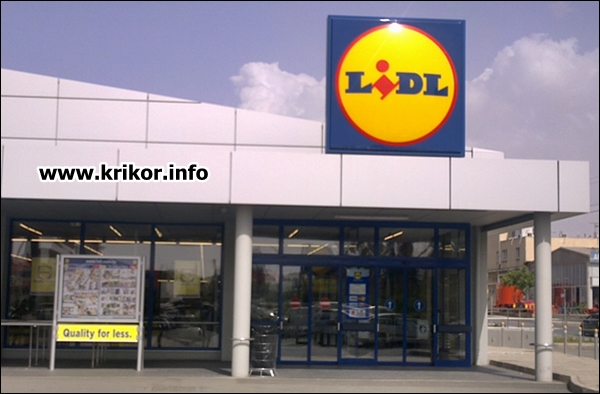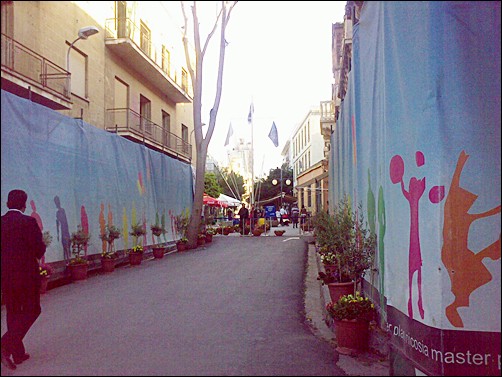Cyprus, my opinion
 Cyprus, the beautiful Mediterranean island which is my all time favorite destination, for business and pleasure, is in deep trouble since 2 weeks. here is my opinion from a non-financial view and tryign to simplify it for the people who had no idea what is goign on in Cyprus.
Cyprus, the beautiful Mediterranean island which is my all time favorite destination, for business and pleasure, is in deep trouble since 2 weeks. here is my opinion from a non-financial view and tryign to simplify it for the people who had no idea what is goign on in Cyprus.
Cyprus got stuck in this banks bailout with the Troika (European Central Bank (ECB), International Monetary Fund (IMF) and the Eurozone partners) and a deadline to secure 7 billions out of the 17 billions they need which 10 billions will come from the EU.
The main problem started when Cyprus banks started buying Greek bonds because of the over extra cash they had on hand from the Russian and Ukrainian oligarchs and after the total failure of Greece these bonds became useless and had no real values anymore.
Now for those who think that the Russian will come helping Cyprus, this is another fictional theory which will never happen. Why will Russia come to save those who are trying to run away from paying taxes in the motherland and put all their fortunes in a tax-haven called Cyprus with super treatment and lots of advantages?
Cyprus has some opportunities in the newly discovered natural gas fields, but will the Russian win the bid of exploring it and the Europeans stay watching? This we have to wait and see as it needs some time to be cleared.
Did the Cypriots offer the Russian a deal over military bases in the Mediterranean in case something goes wrong in Tartouss, but what about the British bases on the island? Another theory.
I think the Orthodox Church of Cyprus can be the savior at one point in time, as a major stakeholder in Hellenic Bank, can the church come back to power as the old days of Archbishop Makarios?
If you need more news about the Cyprus financial crisis, please check the Cyprus Daily.
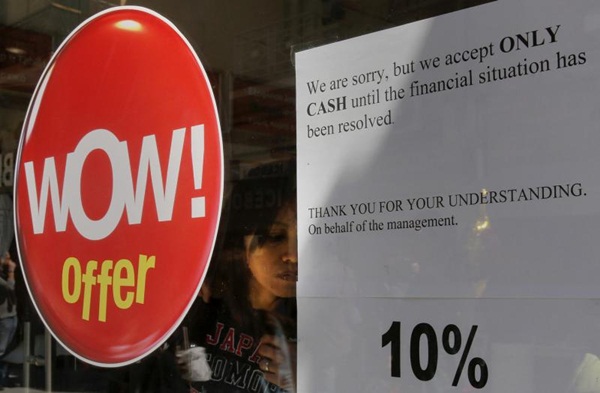

 Private labels are gaining huge market shares mainly in Europe and soon worldwide, but the most enjoyable part of launching a private label product is the adaptation to the local culture and taste.
Private labels are gaining huge market shares mainly in Europe and soon worldwide, but the most enjoyable part of launching a private label product is the adaptation to the local culture and taste.
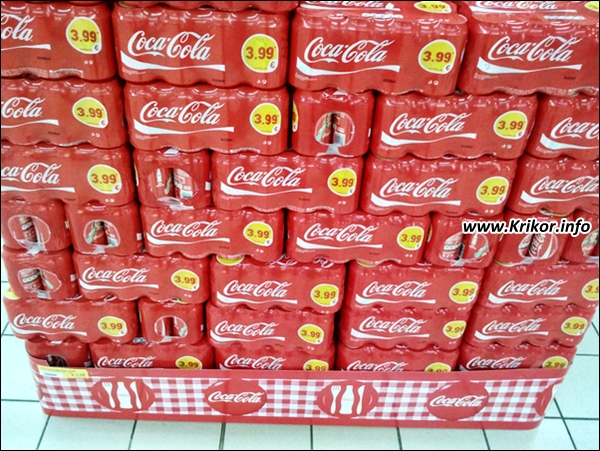
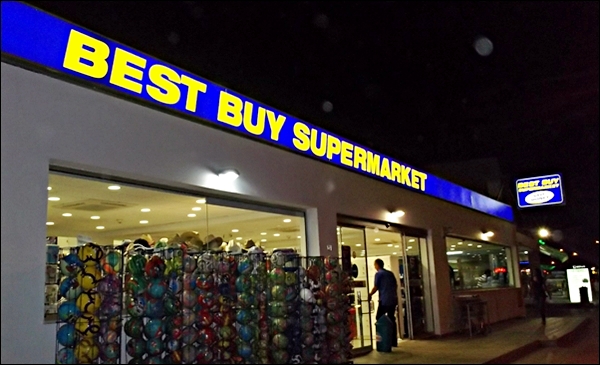
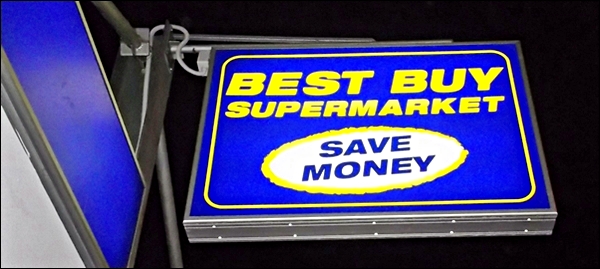
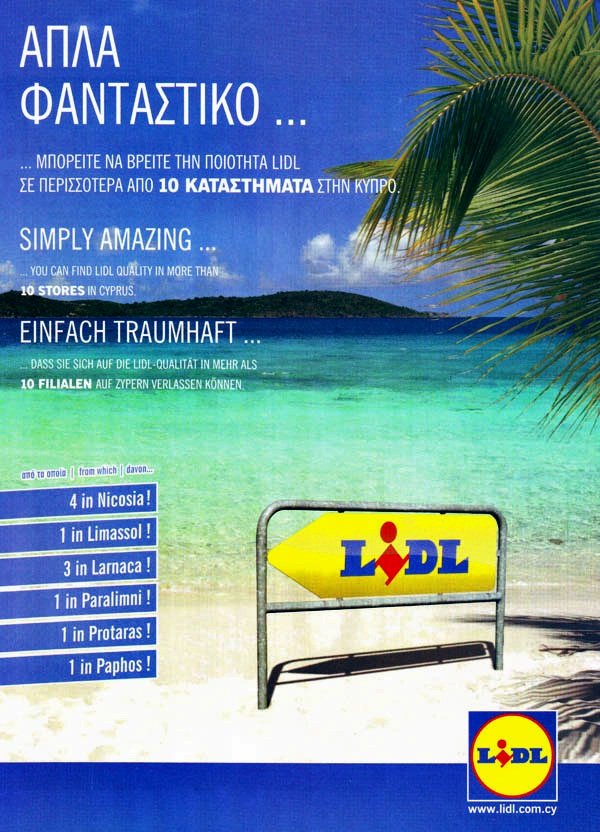
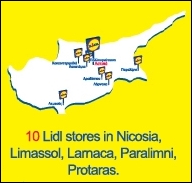 In October 2010,
In October 2010, 